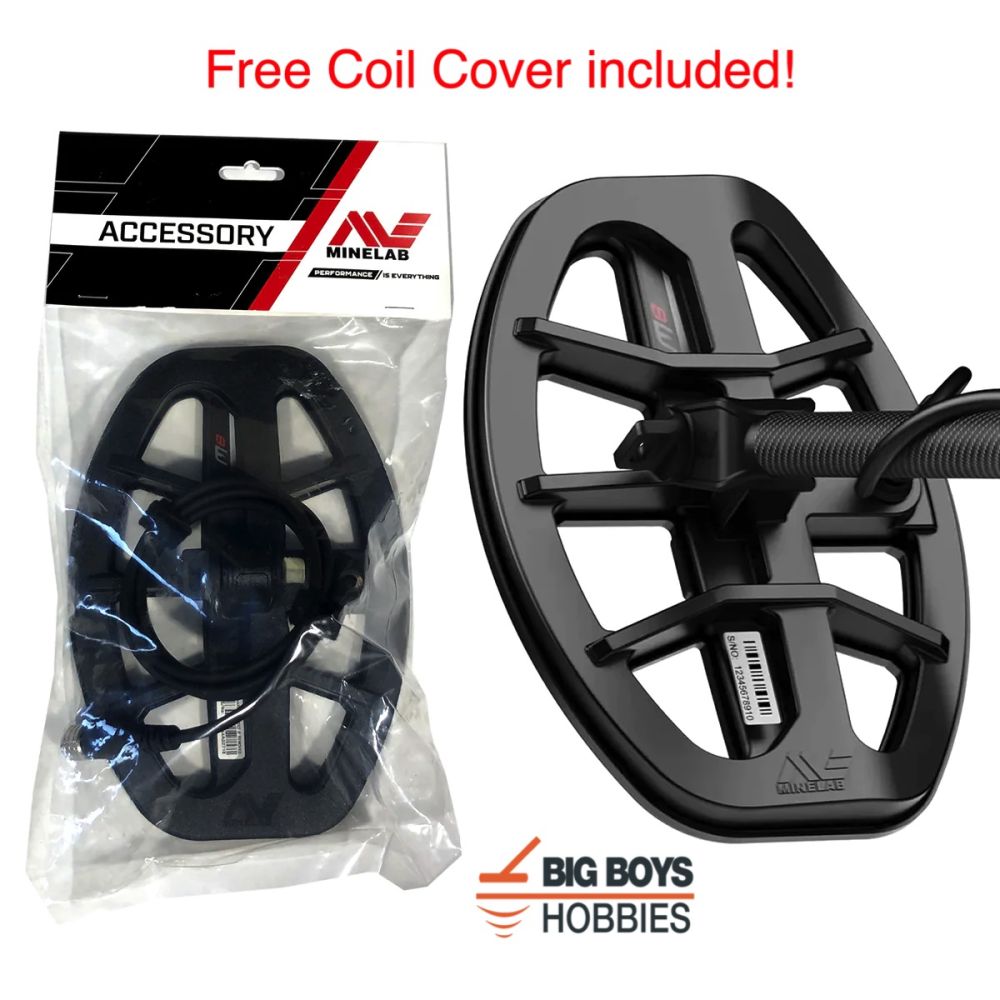Should You Metal Detect in Snow?
We are a few months away from winter and sadly this is kind of the low season for outdoor activities including metal detecting. Indeed, most detectorists find themselves in a situation where they put their beloved detector in their closet and just wait for spring to start hunting again …
This is especially the case if snow falls in your area!
In this article, I share with you some ideas to find opportunities to successfully metal detect in winter even if it is snowy.
Should you metal detect in the snow?
The only reason you shouldn’t consider metal detecting in the snow is when there is some sort of risk. For example, cold weather in some areas could be unbearable for normal human beings which might lead to some bad health repercussions.
Also, if your area is full of ice that could cause slippery, I would definitely advise you to not take the risk. I was a victim of this myself and this has almost caused me a broken leg.
Other than that, there are so many benefits you can reap if you hunt in the snow. Indeed:
- Winter is the low metal detecting season. That is the competition is very very low! Unlike summer wherein a single beach you might find dozens of other hobbyists swinging their machine competing for the same finds. In winter (especially in the snow) chances are you will find little to nobody swinging a metal detector in your area. This simply means that any possible finds are Yours!
- Most possible finds are generally dropped in the summer season and obviously, not all of them are found in summer or even the fall. This leaves a great chance for you to pick up some of those during winter where fewer people are hunting.
- There will be fewer eyeballs. In fact, one of the things detectorists hates the most is being looked at by strangers (muggles we call them in geocaching) who have nothing to do with the hobby yet still make you uncomfortable with their weird looks (like if you are about to find the next untapped treasure). In winter, this won’t be much of an issue because there will be fewer people around.
Should you use a particular metal detector?
From my experience no, not really! Most modern metal detectors these days have a waterproof search coil and this would be pretty much all that you will need your detector to have.
The Nokta Simplex metal detector is an example of a reasonably priced machine that can do the job in snowy conditions. Not to mention that this machine is fully waterproof up to 10 feet underwater.
One more important factor is depth. In other words, snow makes the potential finds couple of inches deeper. So if this is the case for you, please try to consider a metal detector that can be operated at a significant depth.
It would be even better if you choose a metal detector compatible with a larger coil. The latter can cover more space while swinging and would allow the machine to scan few inches deeper.
Gear up for snowy conditions
Gearing up for a hunt in snowy conditions is totally different from a hunt any other season!
There are some adjustments you should consider for your comfort and protection, like wearing:
- Gloves: to keep your hands warm.
- Knee pads or knee sleeves: to protect your knees from falling due to slippery ground and also to keep your knees quite warm.
- Special shoes: to keep your feet warm and minimize the slippery effect. Make sure the shoes are metal detectors friendly (metal-free) to not cause any kinds of false signals.
- Shovel: to help you dig up your targets. In many cases, snow could be really hard to remove, that’s why you need to consider a solid shovel to get the job done.
Couple Pro tips …
Here I share some additional tips that pros usually implement to help make the most out of their winter detecting hunts. Below, I share 3 …
#Tip1: Bookmark the profitable areas and come back to them later.
Indeed, if you notice that a specific area is yielding valuable finds, then chances are, there are other potential finds around.
If that’s the case, make sure to bookmark the area (preferably on your GPS) so you can come back to it later when the snow starts melting.
There are some high-end metal detectors that allow you to do so (like the Minelab CTX 3030) that have an in-built GPS where you can mark the most profitable spots to come check them back later.
#Tip2: Consider using a Magnet
When the snow gets thicker it naturally gets harder and digging it (even with a solid shovel) could be difficult to recover your find.
That’s why some pros utilize really powerful magnets to attract metallic magnetic finds.
#Tip3: Bring on some salt with you
Throwing some salt on snow makes the latter melt, thus you can dig through it in an easier way.
Don’t do that everything time you want to start digging; otherwise, you will need a ton of salt. Just do it when you start getting tired of digging or when you are dealing with very thick and stiff snow.
Guest Post By Carissa.

